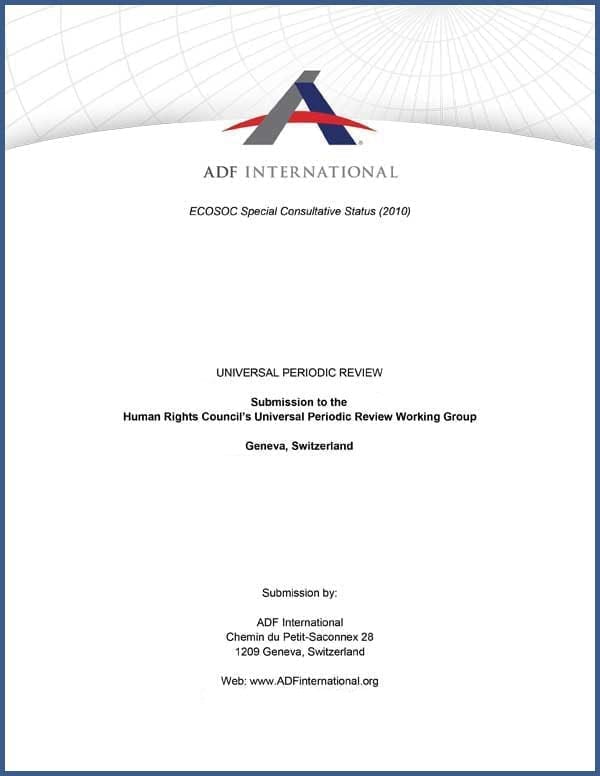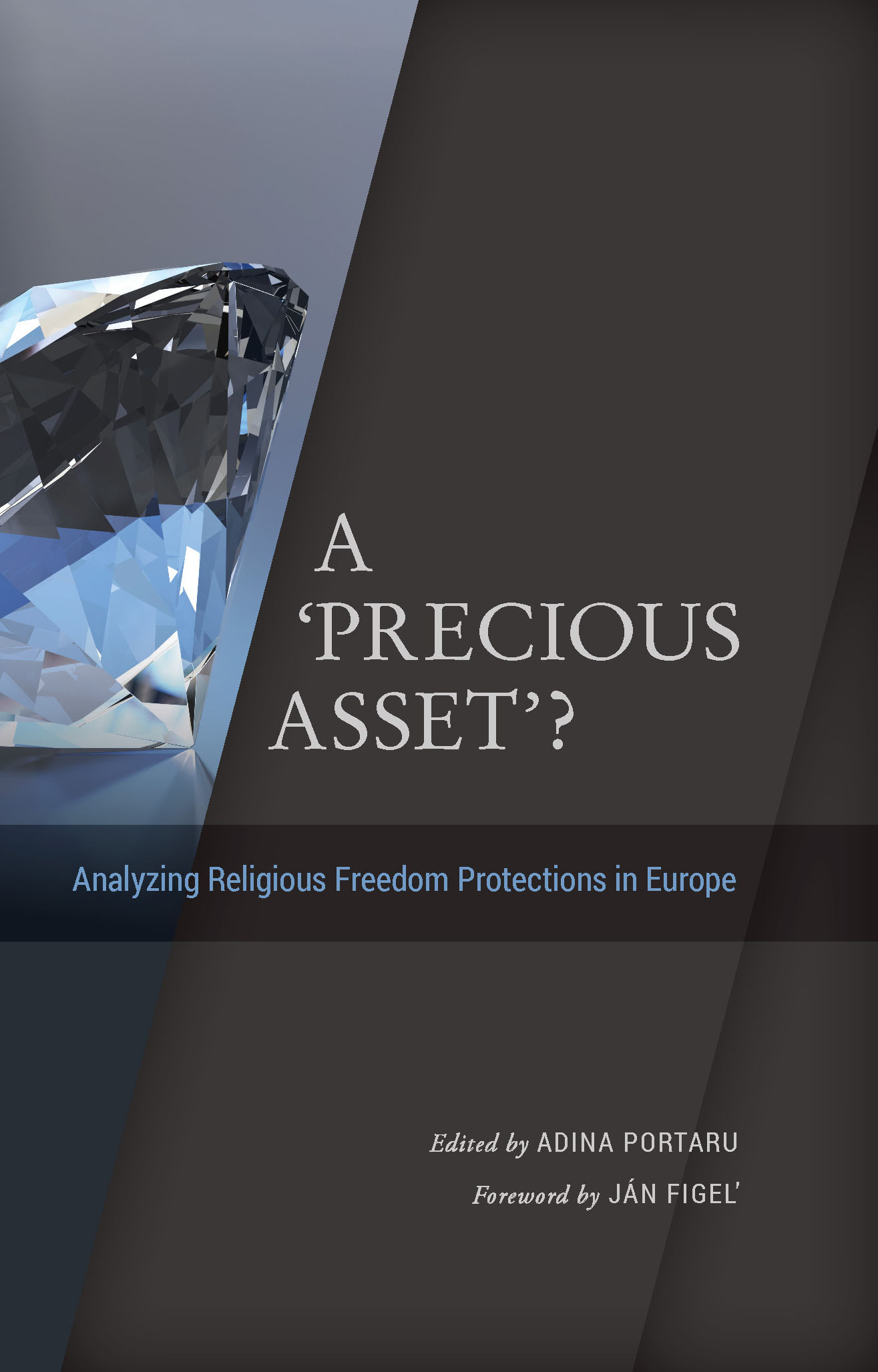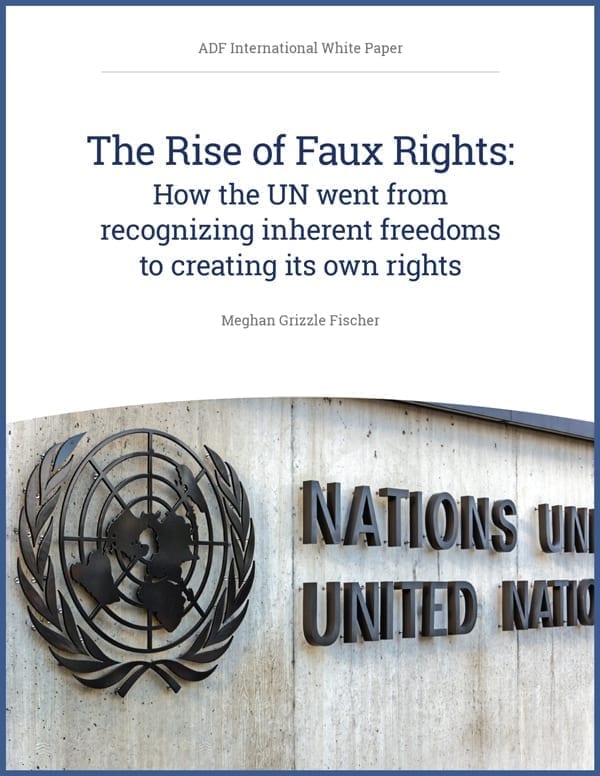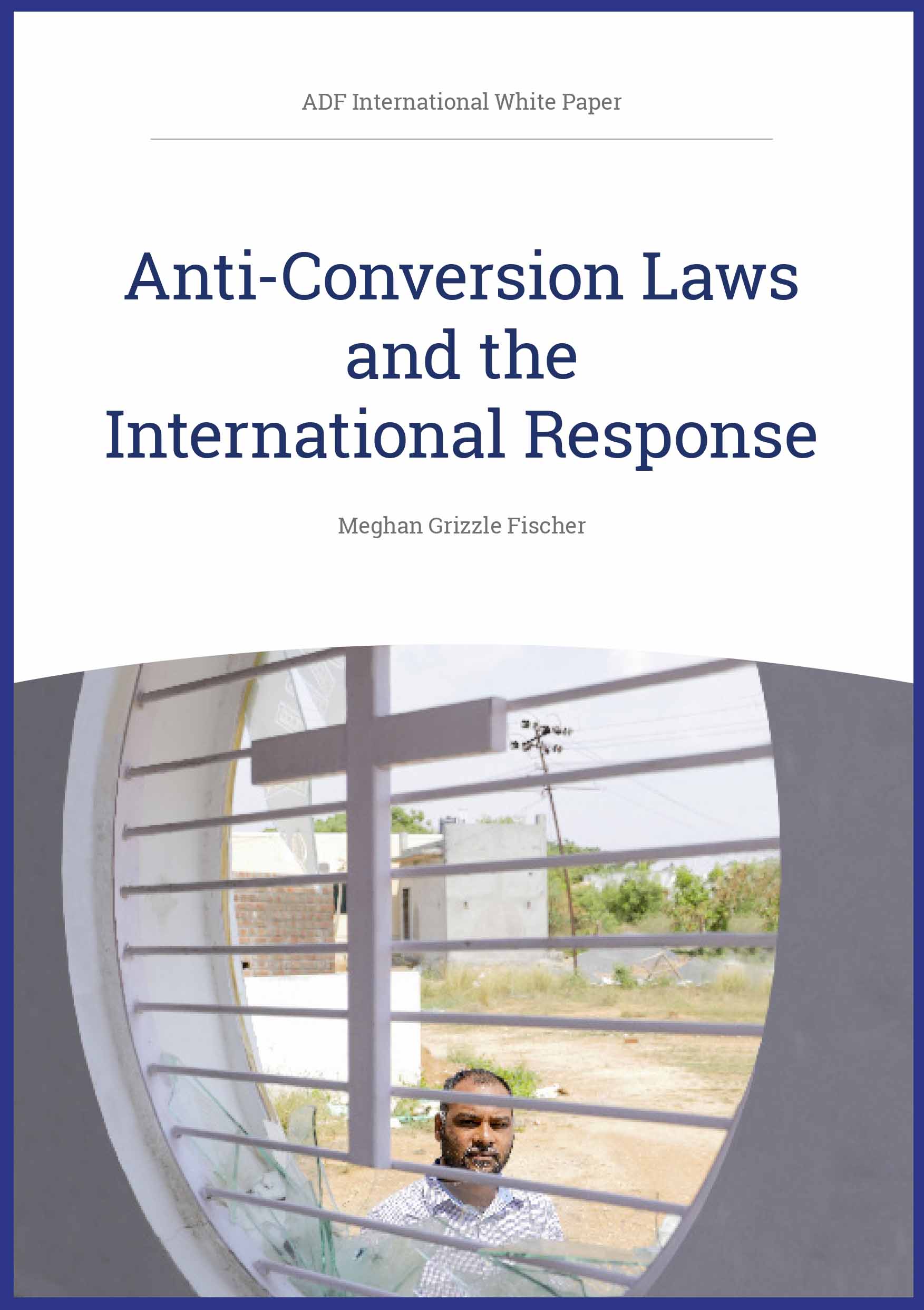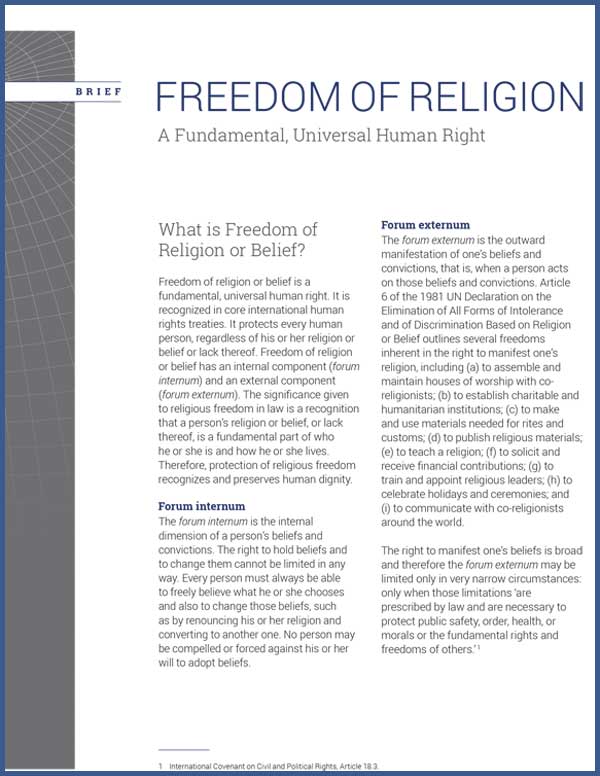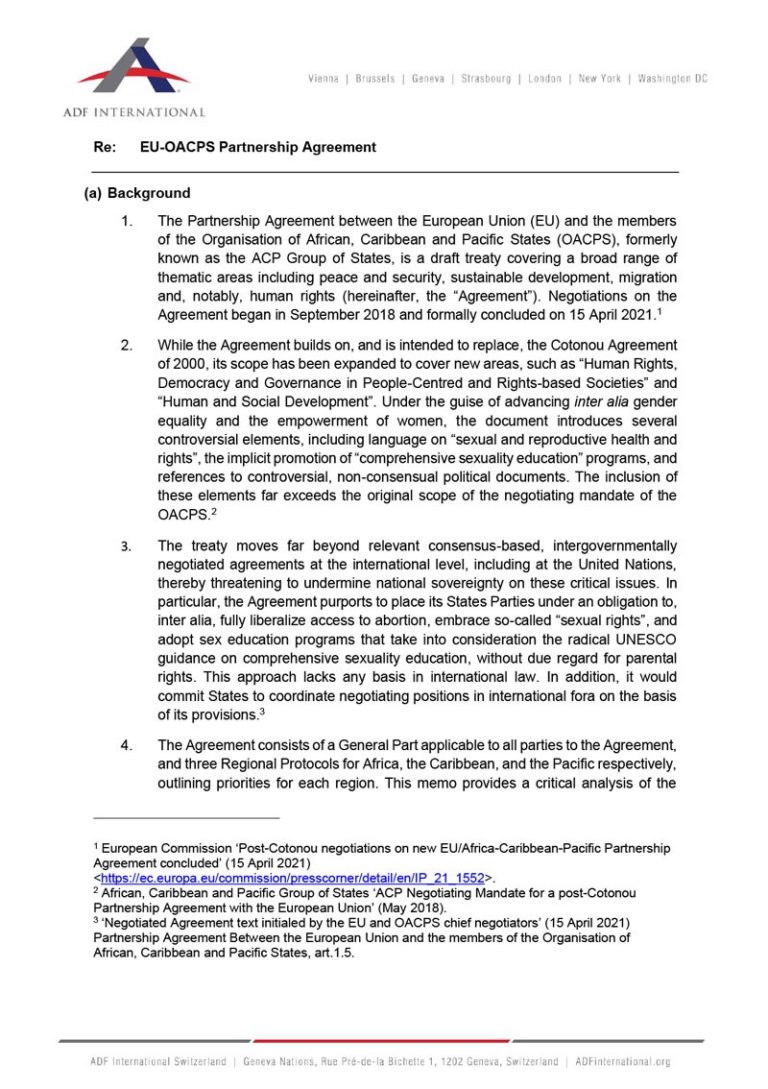UPR
Tajikistan (39th Session)
ADF International is a faith-based legal advocacy organization that protects fundamental freedoms and promotes the inherent dignity of all people. As well as having ECOSOC consultative status with the United Nations (registered name ‘Alliance Defending Freedom’), ADF International has accreditation with the European Commission and Parliament, and the Organization of American States. ADF International is also a participant in the FRA Fundamental Rights Platform.
This report highlights the severe restrictions on freedom of religion in Tajikistan, including barriers to church registration, the unjustified monitoring of religious activities, censoring of religious materials and the prohibition of children from participating in religious activities. It also highlights the impact of the country’s laws and policies on combating extremism on both freedom of religion or belief and freedom of expression.



